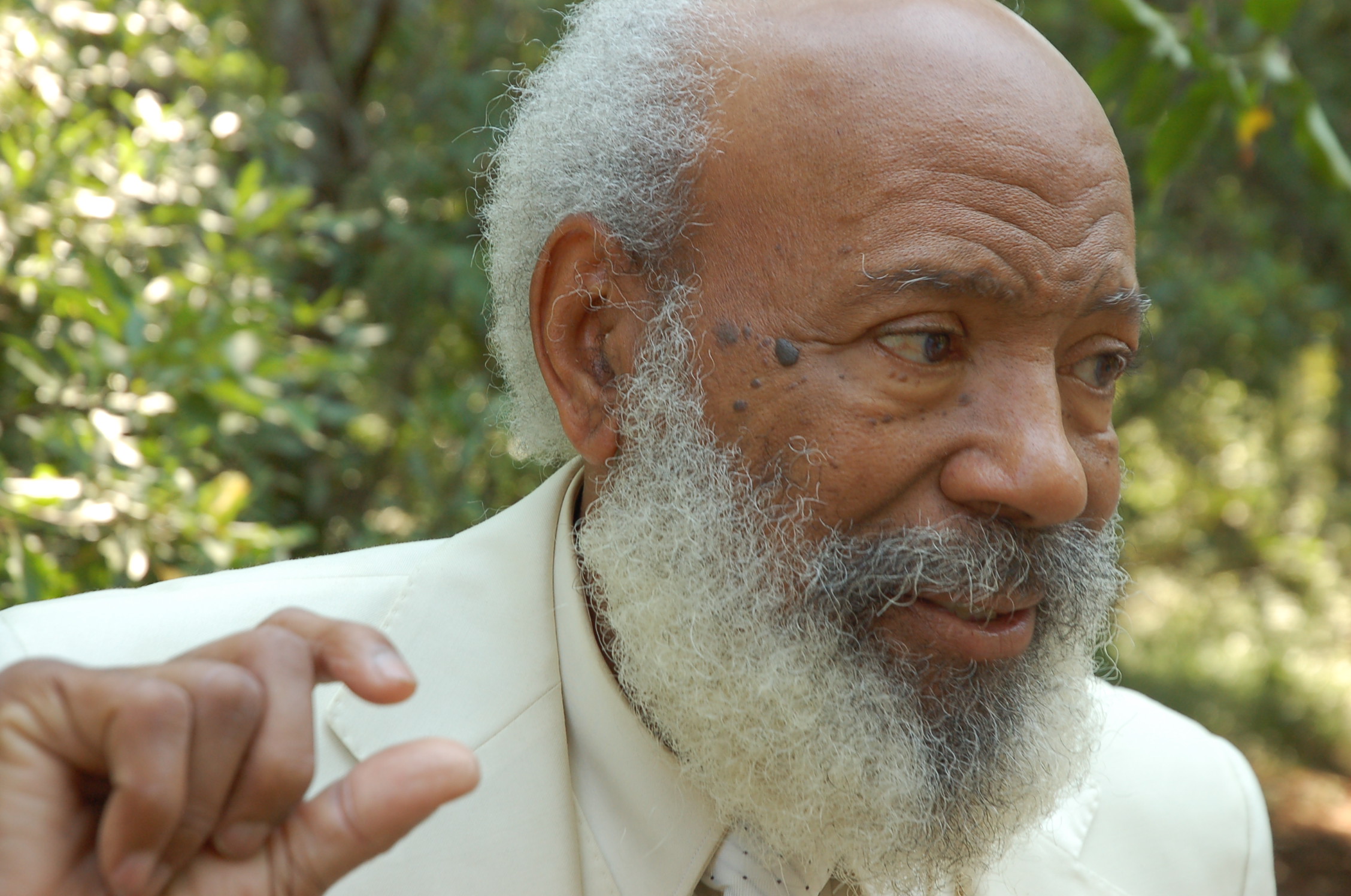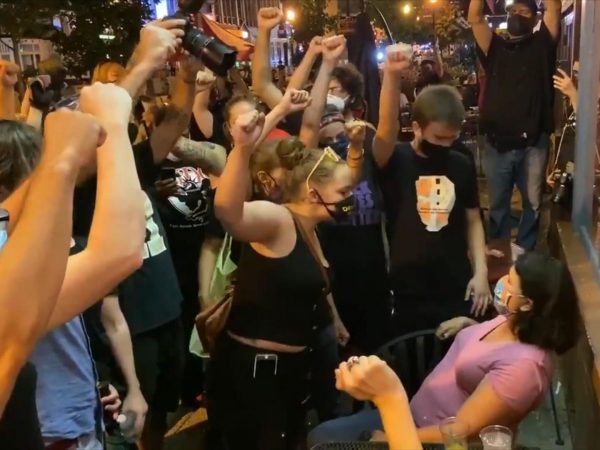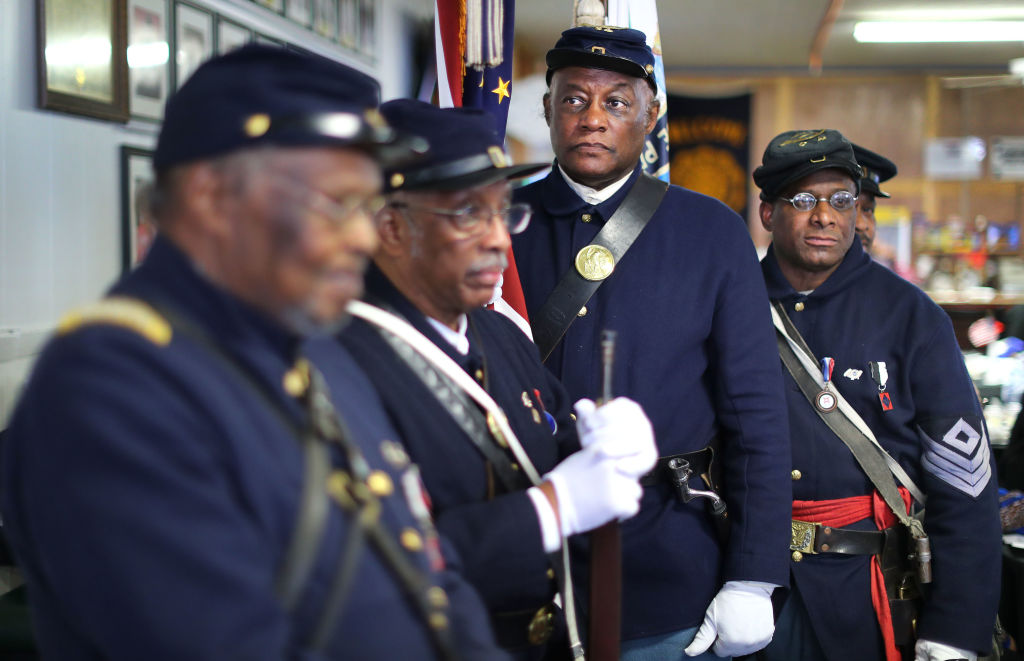We must remember no life is fodder for revolutionary compliance.
The Last Lion of Integration

James Meredith, a legend of the Civil Rights era, defies categorizing.
Sixty years ago, on October 1, 1962, James Meredith became the first African American student to racially integrate “Ole Miss,” the University of Mississippi. The tumultuous event was precipitated by massive resistance in the most defiant of all states. Ironically, the stage was set when Supreme Court Justice, Hugo Black, a former Ku Klux Klan member, ruled in favor of Meredith’s case.
An infamous riot on campus accompanied this now historic chapter in the civil rights era. Two people were killed; scores of journalists arrived; 30,000 troops were deployed; 300 civilians and around 200 troops were injured, as the whole world watched. In his 2012 memoir, A Mission from God, Meredith called this confrontation, “the last battle of the Civil War.”
Despite James Meredith’s legendary, though now overlooked, status in the struggle for racial equality, his motivation, a “divine responsibility to transform America,” has been broadly misunderstood. His support from the civil rights establishment came only after he planned and initiated his solitary assault on a bastion of racial segregation. In addition to courage, he brought perspective, not anger, to one of the most troubling periods of American history.
Meredith planted a paper trail by writing to Attorney General Robert Kennedy of his intentions. Then, he approached Medgar Evers, the NAACP’s Mississippi field secretary, who arranged a phone call with Thurgood Marshall, the head of the NAACP’s Legal Defense Fund. Marshall questioned Meredith’s legitimacy and wanted more documentation. Furious at this slight, Meredith “slammed the phone down…without so much as a good-bye…” Medgar Evers managed to assuage both Marshall and Meredith. Legal assistance was forthcoming.
The black media ignored the determined iconoclast. In an unannounced appearance at the Chicago Defender, arguably the nation’s most influential black newspaper, Meredith insisted on seeing the paper’s editor, Ben Burns. Burns refused to see him and diverted him to a reporter. “Sounds like some kind of nut,” Burns responded upon discovering Meredith’s plans. Burns noticed a “clean-cut youth named Meredith quietly talking to a staff member who related that… Meredith had indeed enrolled …and expected to start classes even if he were killed.” The incredulous Burns buried the story “in the back pages.”
Meredith’s values, described in his memoir, have been subordinated to the drama of the riot and a later, almost fatal, shooting. “The credit for the outcome at Ole Miss in 1962,” he patriotically wrote, “belonged to the Founding Fathers of the United States who created… the Constitution.” Driven by deep emotion, his “crusade at Ole Miss… [was] about my love for America and my love for Mississippi. It [was] about the love my father and mother blessed me with.”
Meredith is aware of his unconventional position in the movement as a dedicated outsider. “I am a civil rights hero who is not a professional civil rights figure,” he writes. And in today’s fevered climate of racial politics, which seeks to rewrite the history of the Republic as one long conspiracy to exploit African Americans, Meredith maintains, in the tradition of Frederick Douglass, a passionate faith in the spirit of the Founding. “I’m interested in human culture and American culture,” he explained. The achievements of blacks, for him, should not be relegated specially to a “subcategory of ‘diversity’ studies or ‘black studies.’”
Meredith held the “well-intentioned, misguided liberal social policies of the 1960s” responsible for “generations and failure of a huge portion of black America,” particularly the disintegration of the black family. “Well I am going to tell you,” he states bluntly, “the real problems of the black race …are our own fault.” No Pollyanna, he insists that “overt racism against black Americans has decreased radically since the 1960s, and blacks have made great gains,” while acknowledging that bias remains entrenched in many sectors. “
He believed the training of children required exposure to traditional “values and behavior,” meaning “diligence, discipline, compassion, curiosity, personal pride, humility, tolerance, respect for others, honesty, self-awareness, and interdependence.” America’s public school system has been, in his words, “an unmitigated disaster for many of our poor white, Latino, Native American and black youths.” In 2002, Meredith watched his son Joseph Meredith, a Harvard graduate, receive his doctorate in finance at Ole Miss. On that commencement day, the father, “felt the most pride, the most gratitude to God, and the most pure joy of my whole life.”
Wary of today’s excessive racial sensitivity, he mocked the banishment of “Colonel Reb,” as the school mascot out of political correctness.” To the hero of the battle of Ole Miss, Colonel Reb “didn’t seem overtly Confederate, he was a friendly looking cartoon character. I …had beaten the little guy in 1962… He belonged to me.”
The Jackson, Mississippi Clarion Ledger recently interviewed Meredith about efforts to rename the Barnett Reservoir, named after Ross Barnett, the segregationist Mississippi governor who attempted to block Meredith’s admission to Ole Miss. “I’ve thought all these name changes were a waste of time,” Meredith said. “We spend too much time on frivolity and too little on making the world a better place.” The name change “would make no difference” for issues he’s concerned about such as crime and education.
James Meredith’s signature Ole Miss baseball cap displays his loyalty to the school that tried to reject him. An avid football fan and fixture at games, he bemusedly reflects, “you should see how people treat me. It’s unbelievable. I am treated like a rock star.” His statue on the Ole Miss campus fully recognizes the contribution of an authentic American hero.
The American Mind presents a range of perspectives. Views are writers’ own and do not necessarily represent those of The Claremont Institute.
The American Mind is a publication of the Claremont Institute, a non-profit 501(c)(3) organization, dedicated to restoring the principles of the American Founding to their rightful, preeminent authority in our national life. Interested in supporting our work? Gifts to the Claremont Institute are tax-deductible.
America’s rising ethnic groups won’t settle for woke religion.
African Americans are under no obligation to renounce their black identity.



